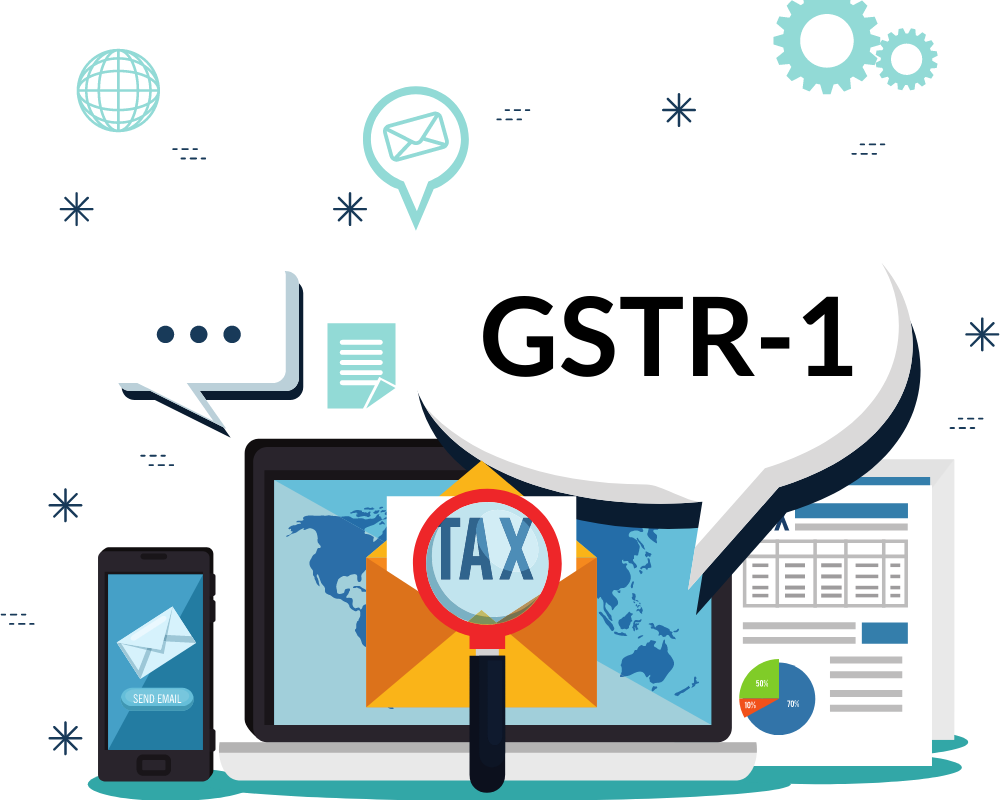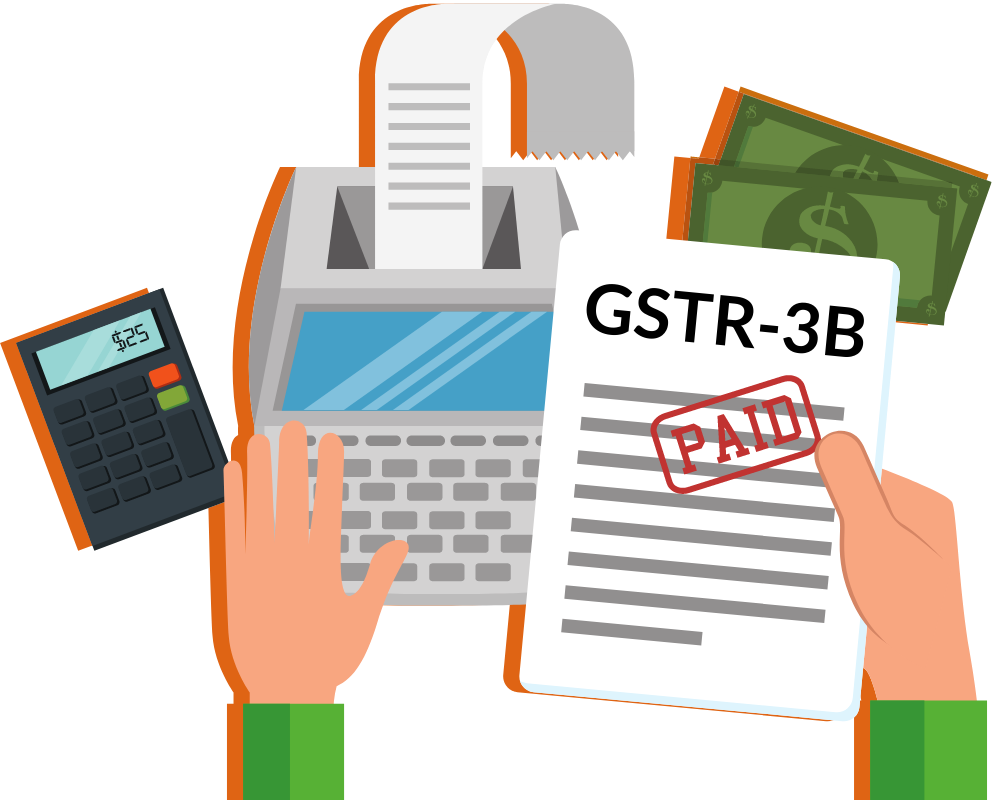
what is GST Regular Returns?
A number of indirect taxes have been covered by the Goods and Services Tax (GST), making it easier for businesses to comply with tax laws. However, while larger companies have the budget and resources to comply with the GST regulations, compliance has become increasingly difficult for smaller organizations.
The GST Council introduced the composition scheme along with the regular scheme under GST in order to make GST compliance easier for such small enterprises.
WHAT IS GSTR-1?
GSTR-1 is a monthly declaration that a daily dealer must fill out to record all outward deliveries made within the month. In general, the GSTR 1 format demands that all outward supplies to registered businesses (B2B) be captured at the invoice level, while supplies to unregistered businesses or end-users are captured at a rate-by-rate basis. Also, B2C transactions are expected to be registered at the invoice stage in such extraordinary scenarios.
Information of outward deliveries rendered during the month must be collected in the GSTR-1 format, either invoice-wise, rate-wise, or state-wise. If the GSTR 1 returns are not submitted on time, it would affect a company’s creditability. As a result, because ITC is dependent on supplier enforcement, it would affect one’s customers.


what is gSTR-3B?
GSTR-3B is a straightforward summary return that must be filed monthly by all regular taxpayers for the nine-month period of July 2017 to March 2018. Taxpayers use this method to add up and record the net amount of their transactions and sales without having to list invoice information. There is no process for comparing invoices so taxpayers are not allowed to list invoice information on GSTR-3B. Taxpayers would be liable to pay the extra GST, as well as fines and interest, if the cumulative amounts of transactions and sales listed on GSTR-3B do not meet the values subsequently reported on forms GSTR-1, GSTR-2, and GSTR-3 for the following months.
GST compliance is made simpler with Composition Scheme
The composition scheme has helped to eliminate tax liability for small business owners while also promoting GST enforcement. Although the composition method provides small businesses a number of advantages, a tax advisor’s professional assistance is a must to ensure that the scheme is suitable for your company.





Reviews
There are no reviews yet.